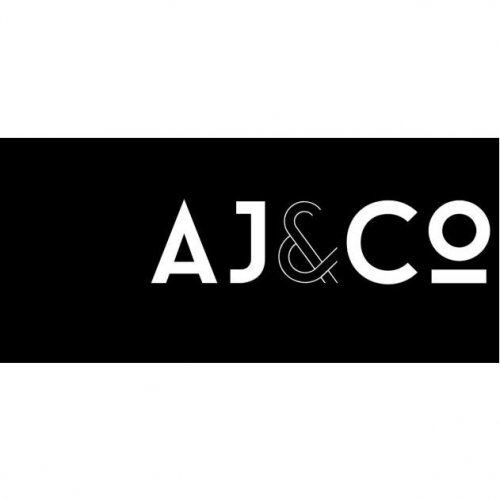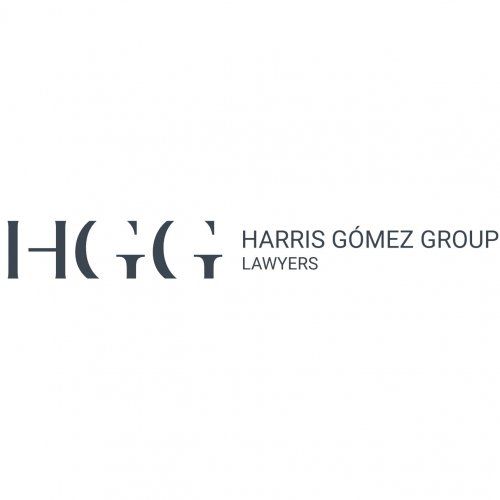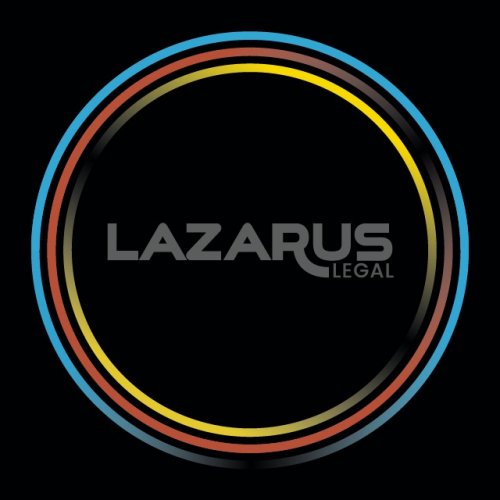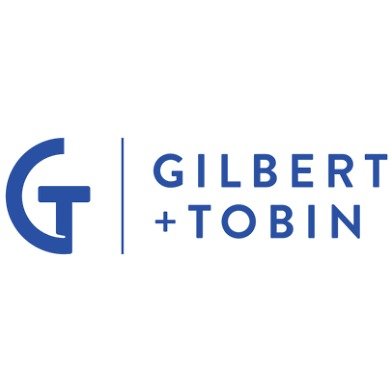Best Antitrust Litigation Lawyers in Sydney
Share your needs with us, get contacted by law firms.
Free. Takes 2 min.
List of the best lawyers in Sydney, Australia
About Antitrust Litigation Law in Sydney, Australia
Antitrust litigation in Sydney, Australia refers to legal proceedings relating to breaches of competition law. These laws are designed to protect the integrity of markets by preventing unfair business practices such as cartel conduct, price fixing, market sharing, and abuse of market power. The primary aim is to promote fair competition for the benefit of consumers and businesses alike. While Australia has its own regulatory framework, Sydney being a major commercial hub sees a variety of antitrust disputes, frequently involving large corporations, small and medium enterprises, and even individuals affected by anti-competitive conduct.
Why You May Need a Lawyer
Seeking assistance from a lawyer with experience in antitrust litigation can be crucial in several situations. Common reasons include:
- Your business has been accused of engaging in anti-competitive behavior, such as price fixing or collusion.
- You suspect another company is abusing its market power to harm your business or customers.
- You are a whistleblower with evidence of cartel conduct or restrictive trade practices.
- Your company is involved in a merger or acquisition and needs to comply with competition laws.
- You have suffered losses due to anti-competitive activity and are considering civil action for damages.
- You must respond to an investigation or enforcement action by government bodies such as the Australian Competition and Consumer Commission (ACCC).
- You need guidance on compliance programs to avoid future breaches of competition laws.
Local Laws Overview
Antitrust and competition law in Sydney is governed mainly by the Competition and Consumer Act 2010 (Cth) (CCA), which applies Australia-wide. The CCA prohibits anti-competitive agreements, misuse of market power, price fixing, and cartel conduct. It also provides for exemptions under certain circumstances, such as joint ventures that may have public benefit. The ACCC is the primary agency responsible for enforcement, including investigations, warnings, fines, and court actions. The Federal Court of Australia hears most antitrust cases. Breaches can result in significant penalties for corporations and individuals, including large fines and, in serious cases, criminal convictions. Local legal advice is essential, as the laws are complex and evolving, especially regarding digital markets and new business models.
Frequently Asked Questions
What is antitrust litigation?
Antitrust litigation refers to the process of resolving disputes under competition law, often involving allegations of anti-competitive conduct such as cartels, abuse of market power, or unfair trade practices.
Which authority regulates antitrust laws in Sydney?
The Australian Competition and Consumer Commission (ACCC) is the main regulator that oversees compliance with competition and antitrust laws in Sydney and the rest of Australia.
What types of conduct are prohibited under antitrust law?
Prohibited conduct includes price fixing, bid rigging, market sharing, resale price maintenance, misuse of market power, and entering into agreements that substantially lessen competition.
Can individuals be held liable under antitrust law?
Yes, both companies and individuals can be prosecuted for breaches of antitrust law, with individuals facing serious penalties such as fines and imprisonment in serious cases.
What are the penalties for breaching antitrust laws?
Penalties can include hefty fines for corporations, financial penalties for individuals, injunctions, compensation orders, and, in some instances, criminal sanctions like imprisonment.
How do I know if my business is complying with competition law?
Regularly reviewing your business practices and seeking legal advice are the best ways to ensure compliance. Many businesses also implement compliance programs and training for staff.
What should I do if the ACCC is investigating my business?
Consult a lawyer immediately to understand your rights and obligations, prepare for interviews or document requests, and ensure you respond appropriately to the investigation.
Can I bring a private action against a competitor for anti-competitive conduct?
Yes, private entities harmed by anti-competitive conduct can bring civil actions for damages or injunctive relief under the Competition and Consumer Act.
Do international companies operating in Sydney need to comply with Australian antitrust laws?
Yes, any business engaging in trade or commerce that affects Australian markets must comply with local competition laws, regardless of where the company is based.
Are there exemptions to antitrust laws for certain agreements?
Some agreements, such as those resulting in public benefit or necessary for joint ventures, may be exempt but usually require formal review or notification to the ACCC.
Additional Resources
The following organisations and resources provide information and guidance on antitrust litigation and competition law in Sydney, Australia:
- Australian Competition and Consumer Commission (ACCC) - The main regulator for competition and consumer protection law enforcement.
- Federal Court of Australia - Handles most antitrust cases and provides access to judgments and case law.
- Australian Government - Attorney-General's Department - Offers policy guidance and legal resources on competition law.
- Law Society of New South Wales - Can assist in finding qualified competition and antitrust lawyers in Sydney.
- Australian Business Law Centres - Many universities and legal organisations publish guides and hold events on competition law.
Next Steps
If you believe you need legal help with an antitrust or competition law issue in Sydney, consider the following steps:
- Gather and organise any information or evidence relevant to your situation, such as contracts, correspondence, or business records.
- Contact a qualified solicitor with experience in antitrust and competition law matters.
- Arrange an initial consultation to discuss your concerns, learn about your options, and receive tailored legal advice.
- If you are facing an investigation or civil claim, respond promptly and only after getting legal guidance.
- Consider ongoing compliance training or reviews for your business to minimise future risks under competition law.
Seeking early and experienced legal advice is the most effective way to protect your interests and ensure you meet all legal obligations in the area of antitrust litigation.
Lawzana helps you find the best lawyers and law firms in Sydney through a curated and pre-screened list of qualified legal professionals. Our platform offers rankings and detailed profiles of attorneys and law firms, allowing you to compare based on practice areas, including Antitrust Litigation, experience, and client feedback.
Each profile includes a description of the firm's areas of practice, client reviews, team members and partners, year of establishment, spoken languages, office locations, contact information, social media presence, and any published articles or resources. Most firms on our platform speak English and are experienced in both local and international legal matters.
Get a quote from top-rated law firms in Sydney, Australia — quickly, securely, and without unnecessary hassle.
Disclaimer:
The information provided on this page is for general informational purposes only and does not constitute legal advice. While we strive to ensure the accuracy and relevance of the content, legal information may change over time, and interpretations of the law can vary. You should always consult with a qualified legal professional for advice specific to your situation.
We disclaim all liability for actions taken or not taken based on the content of this page. If you believe any information is incorrect or outdated, please contact us, and we will review and update it where appropriate.

















